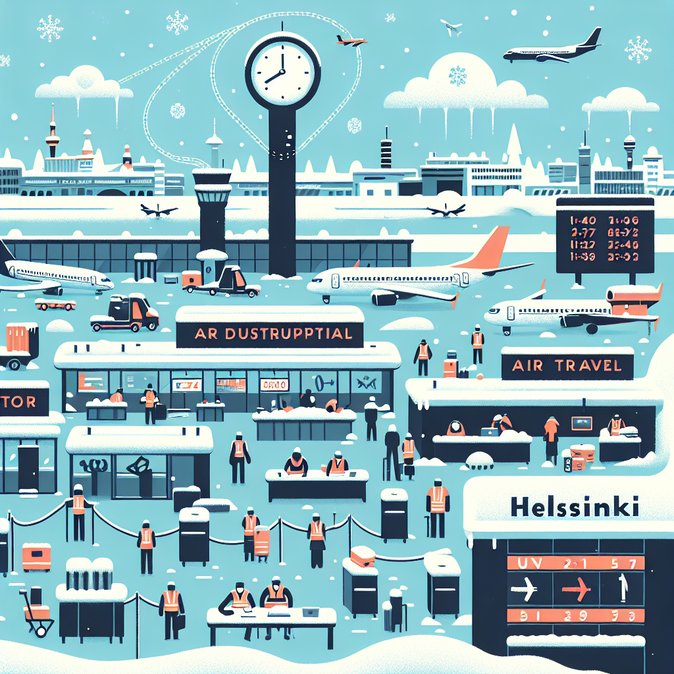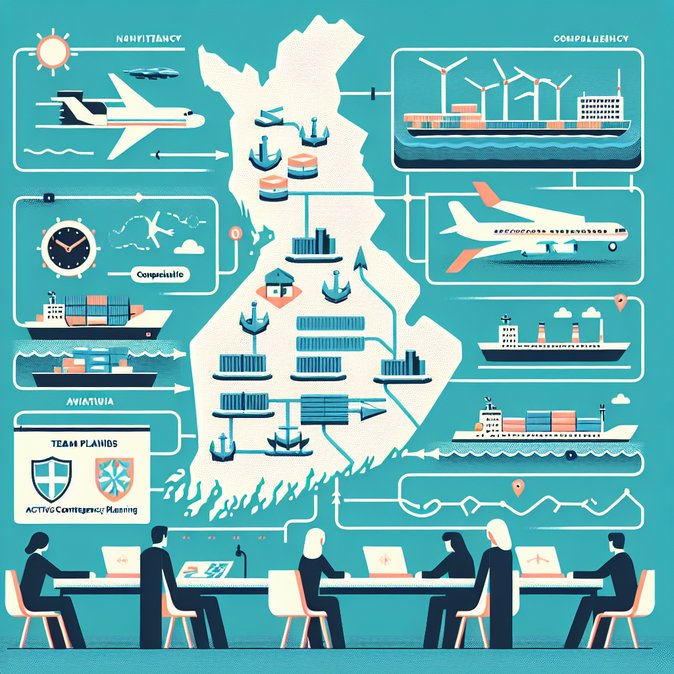
Helsinki passengers felt the ripple effects of continent-wide operational chaos on 22 November, as early-season snow, de-icing backlogs and persistent crew shortages forced airlines to cancel 27 services and delay a further 281 across Europe. Finnair axed rotations to Göteborg, Kittilä, Vilnius and New York, while its evening JFK departure left over five hours late.
The incident highlights lingering fragility in Europe’s aviation ecosystem despite a return to 2019 traffic levels. Crew rosters remain thin after pandemic layoffs, and winter weather is arriving earlier and more intensely than historical averages. Finavia invoked its Airport Operational Status (AOS) app to keep handlers updated and opened the new Schengen Quiet Room around the clock to provide respite for stranded travellers.
![Pan-European Disruption Cancels 27 Flights and Delays 281 at Helsinki-Vantaa]()
For corporate mobility managers the episode is a reminder that Helsinki’s renowned snow-resilience cannot fully shield travellers from network-wide disruptions. Companies should verify that their travel-management company auto-rebooks on partner carriers, refresh traveller communications on EU 261 compensation rights, and consider buffer days or remote-work contingencies for mission-critical travel during the 2025/26 winter season.
Rail operator VR reported a spike in overnight demand to Lapland as travellers sought surface alternatives, underscoring the value of multi-modal contingency planning. With climate change amplifying weather volatility, duty-of-care programmes need to broaden beyond aviation reliability metrics to include rapid alternative-transport options and mental-health support during prolonged disruption.
The incident highlights lingering fragility in Europe’s aviation ecosystem despite a return to 2019 traffic levels. Crew rosters remain thin after pandemic layoffs, and winter weather is arriving earlier and more intensely than historical averages. Finavia invoked its Airport Operational Status (AOS) app to keep handlers updated and opened the new Schengen Quiet Room around the clock to provide respite for stranded travellers.

For corporate mobility managers the episode is a reminder that Helsinki’s renowned snow-resilience cannot fully shield travellers from network-wide disruptions. Companies should verify that their travel-management company auto-rebooks on partner carriers, refresh traveller communications on EU 261 compensation rights, and consider buffer days or remote-work contingencies for mission-critical travel during the 2025/26 winter season.
Rail operator VR reported a spike in overnight demand to Lapland as travellers sought surface alternatives, underscoring the value of multi-modal contingency planning. With climate change amplifying weather volatility, duty-of-care programmes need to broaden beyond aviation reliability metrics to include rapid alternative-transport options and mental-health support during prolonged disruption.


